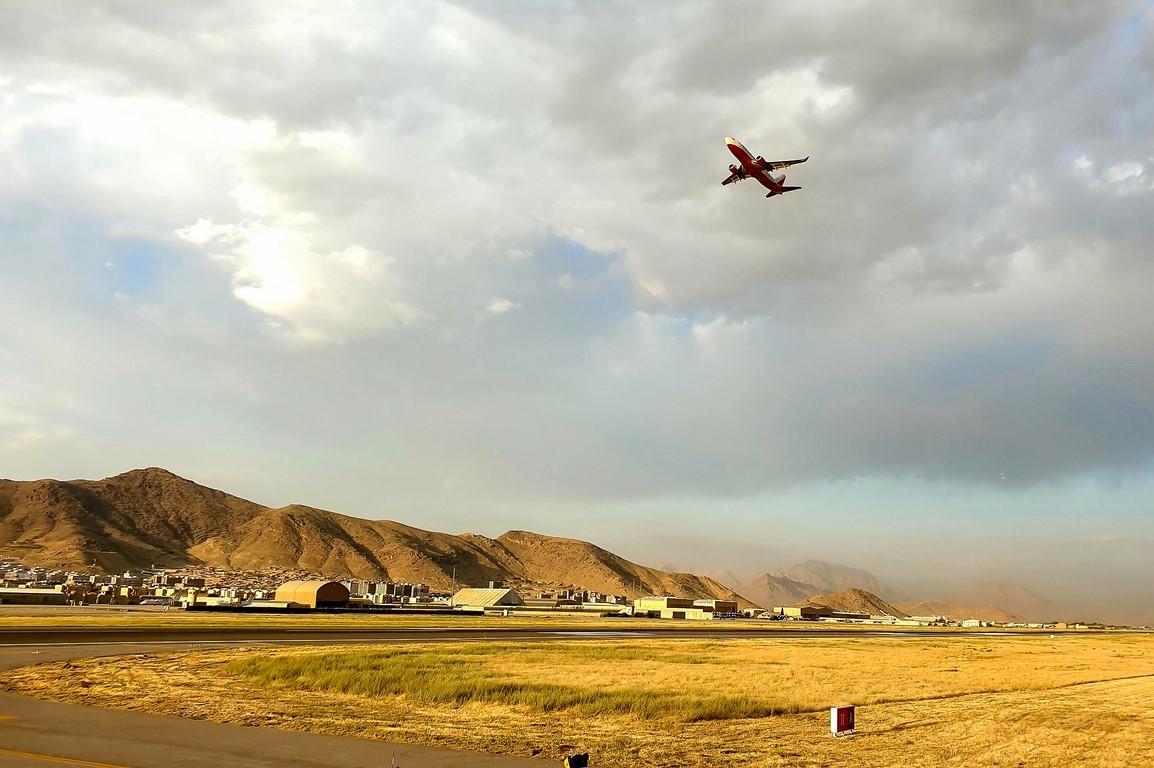At a briefing today, the head of the World Health Organization (WHO) Eastern Mediterranean office said the group is worried that upheaval in Afghanistan will fuel a spike in COVID-19 cases and that the country has only enough medical supplies to last 1 week.
WHO, MSF stay put in Afghanistan
Ahmed Al-Mandhari, MD, PhD, who directs the WHO's Eastern Mediterranean office (EMRO), said that, alongside upheaval, increasing population movements could lead to a spike in COVID-19 cases. "We need to keep the COVID pandemic under control," he said.
According to the latest EMRO update, cases in Afghanistan are declining, with 77 illnesses and 7 deaths reported yesterday. Al-Mandhari also said with just 1 week of medical supplies on the ground, prioritizing deliveries is crucial to keep healthcare activities going.
In an Aug 22 statement, the WHO and UNICEF said the main focus in recent days has been evacuations of international people and vulnerable Afghans, but they warned that the massive humanitarian needs facing most of the country shouldn't be ignored. And Al-Mandhari said today that even before the latest events, Afghanistan represented the third largest humanitarian operation in the world.
The two groups said they are committed to staying and helping the people of Afghanistan, with a network of 684 staff working in all 34 provinces. Last week, Doctors Without Borders (MSF) also said its teams are staying put, with medical activities running in all five projects it runs. In the Herat facility, the number of patients seeking care at the COVID-19 treatment center has slightly declined.
The WHO and UNICEF said, "With no commercial aircraft currently permitted to land in Kabul, we have no way to get supplies into the country and to those in need. Other humanitarian agencies are similarly constrained."
With the Kabul airport blocked, the WHO and UNICEF called for help in delivering critical health supplies to Afghanistan. They pressed for the immediate establishment of a humanitarian air bridge to allow sustained delivery of aid to the country.
More global headlines
- Elsewhere in the Middle East, Iran reported a new record high for deaths today, with 709 fatalities, according to Reuters. The country is experiencing its fifth surge and is confirming about 40,000 cases a day. The government has imposed several layers of restrictions but allowed nonessential businesses and public offices to reopen on Aug 22.
- New Zealand today reported 41 new cases, 38 in Auckland and 3 in Wellington, marking the country's biggest 1-day total since Apr 10, 2020. In Australia, the hot spot of Sydney reported 753 new cases. Victoria state reported 50 new local cases, and Australian Capital Territory, home to Canberra, reported 30 new cases, its highest of the current outbreak.
- In South Korea, scientists with the Korea Centers for Disease Control who examined the amount of virus in respiratory specimens after symptom onset found that the level of virus in patients infected with the Delta (B1617.2) variant were 300 higher times when compared with similar samples collected during infections with the original virus. Levels fell to 30 times higher on the fourth day and 10 times higher on the ninth day, with no difference in the levels after 10 days.
- The global total today reached 212,659,623 cases, along with at least 4,441,608 deaths, according to the New York Times





















